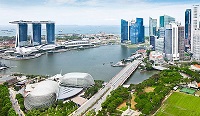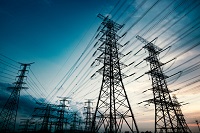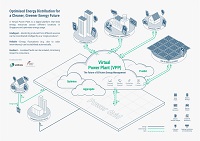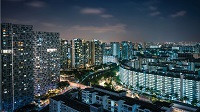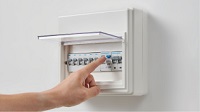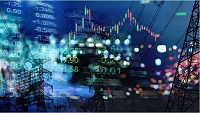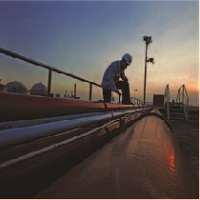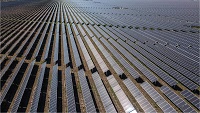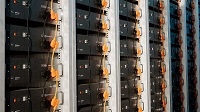For more information, please refer to:
Media Releases
05 Jul 2022
- More than 180 participants from 33 countries will attend the Singapore-International Energy Agency (IEA) Regional Training Programme on Efficient Grid-Interactive Buildings from 5 to 7 July 2022. The programme will bring together policy makers, industry professionals, and representatives from academia, international organisations and civil society to explore the use of smart digital technologies for more energy efficient buildings. This could transform energy-intensive buildings to become low-carbon prosumers that can interact with the power grid to produce, consume, store, sell and buy energy.
- According to the IEA, the built environment contributes a quarter of total energy use in ASEAN. Over 40% of this consumption is met with electricity generated mostly by fossil fuels. There is therefore significant potential for the built environment – which encompasses buildings as well as the utility and transport networks that connect them - to reduce energy consumption by leveraging digital technologies to become smarter and more interactive. Tools such as smart meters and sensors, as well as artificial intelligence, enable energy systems to automatically shave and shift peak electricity demand. This increases the grid’s capability to respond to changes in supply and demand flexibly.
- The virtual three-day training programme will introduce innovative solutions and applications for efficient smart grid-interactive buildings and energy systems. It will feature more than 40 experts from institutions around the world supporting the programme through presentations, breakout sessions, virtual networking and discussions, including ASEAN-based organisations such as the ASEAN Centre for Energy (ACE), the United Nations Economic and Social Commission for Asia and the Pacific (UNESCAP) and the Building and Construction Authority (BCA) of Singapore.
- Mr Jonathan Goh, Director, External Relations Department, Energy Market Authority (EMA) said, “We are delighted to continue our partnership with the IEA on training programmes for policy makers and industry professionals to support the region’s clean energy transitions. This year, we have brought together many experts and professionals to share their knowledge on smart digital technologies for energy efficient buildings which would help reduce energy consumption in the region.”
- Ms Mary Warlick, the IEA’s Deputy Executive Director, said, “Energy efficiency brings a lot of benefits beside savings energy and reducing CO2 emissions: it improves people’s lives, health, well-being, productivity, creates jobs, improves energy security and increases disposable incomes – just to name a few.”
- The Efficient Grid-Interactive Buildings programme is the sixth activity under the Singapore-IEA Regional Training Hub initiative. The Singapore-IEA Regional Training Hub was launched in 2016 when Singapore became an Association Country of the IEA. Since 2017, the Singapore-IEA Training Hub has trained more than 1,000 participants from more than 30 countries. The programme represents a key milestone in establishing a network of energy professionals, academics, and urban practitioners to facilitate knowledge exchange and operational capabilities in clean energy transitions.
- Singapore and the IEA will next co-host the Singapore-IEA Ministerial Roundtable on Energy Security in a Low-Carbon World on 26 October 2022 to address the interlinkages between energy security and energy transitions. This will be held as part of the 15th Singapore International Energy Week (SIEW) taking place from 25 to 28 October.
